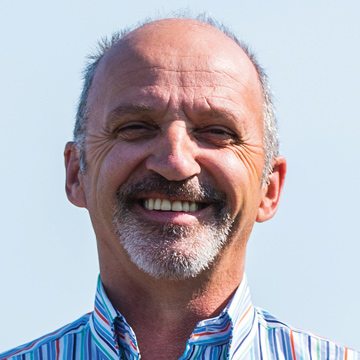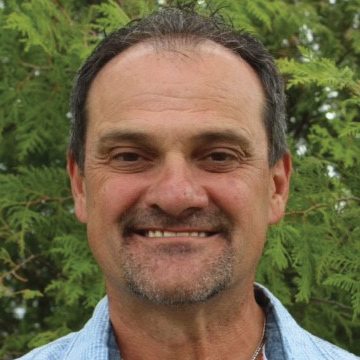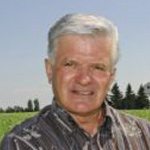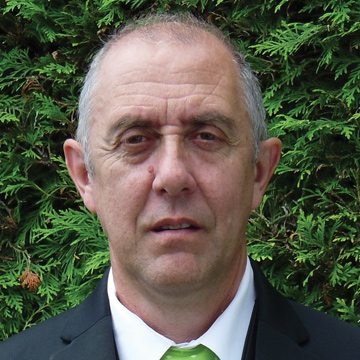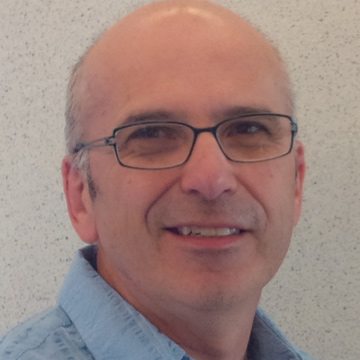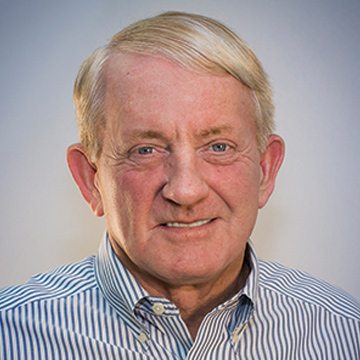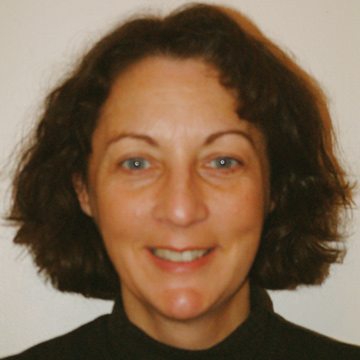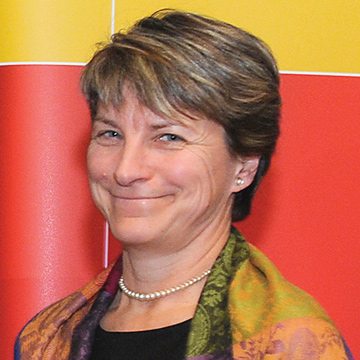CSGA honours seed growers who have contributed to the betterment of the association and all of Canadian agriculture.
_x000D_
At the Canadian Seed Growers’ Association Annual General Meeting, which was held in Montréal, Que., July 8-11, four individuals were recognized with the Robertson Associate Award and five members received the Honorary Life Award._x000D_
_x000D_
Each year, the Robertson Associate Award is given to recognize individuals who have fulfilled with utmost fidelity and success their obligation to CSGA. This year’s award recipients are Paul Adam, Bernard Lepage, Jean Tétreault and Rodrigue Tremblay._x000D_
_x000D_
Paul Adam_x000D_
_x000D_
_x000D_
A second-generation seed grower from St-Félix-de-Valois, Que., Adam wasn’t afraid to try new things. He worked on agricultural issues for the Government of Quebec, served as territory manager for a seed company, farmed and grew seed. A leader in the industry, Adam was the first in Canada to receive accreditation from the Canadian Food Inspection Agency as an authorized seed conditioning establishment using a quality control manual. In 1994, he became a director on the board of the Syndicat des Producteurs de Semences Pedigree du Quebec (SPSQ). Additionally, Adam served on CSGA’s board from 2000 to 2003, SPSQ president from 2003 to 2006 and again from 2009 to 2012._x000D_
_x000D_
Bernard Lepage_x000D_
_x000D_
_x000D_
A pioneer in oat processing, Lepage of La Ferme Olofée in Quebec, has been a seed grower and CSGA member since 1980. From 1985 to 1996, he served as president of Cultures Commerciales du Saguenay Lac-St-Jean where he was involved with the seed growers of Quebec. He also served as director of the regional UPA from 1973 to 1997. Through the years, Lepage grew his farm from 180 acres to more than 2,500 acres, which are used to grow oats, wheat and barley from pedigreed seed. Canola, soya and flax are also an integral part of the rotation. Always looking for opportunities, in the early 2000s Lepage built the first processing plant for oats for human consumption in Quebec. Today, the business is well established and has 28 employees._x000D_
_x000D_
Jean Tétreault_x000D_
_x000D_
_x000D_
A fourth-generation farmer, Tétreault of St-Pie, Que., got his start growing sugar beets, corn and produce for canning. Upon the closing of the sugar refinery, Tétreault began growing food quality wheat and soya seed, with the aim of installing a screener to process his harvest. In 1990, Tétreault, and a few partners, founded Les Grains Semtech Inc. Through training and honing his seed growing skills, he became a Select grower in 1992. He also trained to become a CFIA registered seed establishment grader and operator. Knowing that service is important, Tétreault was appointed to the board of directors of the Association des Conditionneurs de Semences Pédigrées du Québec and served as president for 14 years. He has participated on a number of CSGA committees and initiatives, a few of which include organizing a trip to France for Quebec’s seed industry, launching a pilot program to retrieve and dispose of seed bags, and addressing concerns about neonicotinoids as it relates to seed processing._x000D_
_x000D_
Rodrigue Tremblay_x000D_
_x000D_
_x000D_
After farming with his father, Tremblay launched a pedigreed seed production business and grain conditioning center in 1981. As a Select seed grower, he cultivates about 1,400 acres. Known for cultivating experimental lots, Tremblay’s farm has led to the introduction of new crops in the region, namely peas, wheat, canola, buckwheat and soya. He has served as a board member of the Fédération régionale de l’UPA du Saguenay-Lac-St-Jean, regional president of the Syndicat de gestion agricole and president of the Corporation Moulin des Provinces La Doré. In 2002, La Ferme Éliro bought the Moulin A. Coutu, in the Lanaudière region, where artisan flour and flour mixes without gluten are prepared. When Tremblay took possession of the mill, La Ferme Éliro changed its name to Moulin A. Coutu, which rapidly carved out a place in the market for its cereals for human consumption and specialized seeds._x000D_
_x000D_
The Honorary Life Award is presented to members who, by distinguished service to the association, have contributed to the betterment of Canadian agriculture. This year’s award recipients include René Daoust, Denis Pageau, Randy Preater, Sylvie Rioux and Anne Vanasse._x000D_
_x000D_
René Daoust_x000D_
_x000D_
_x000D_
Hailing from Moose Creek, Ont., Daoust joined CSGA in 1978 as the association’s first bilingual staffer. For the next 35 years, he worked to advance the association. He served on the Appeal Committee, managed variety files, appraised crop applications and crop inspection reports, and issued crop certificates. Additionally, he was responsible for processing probation applications, approving Variety Certification Eligibility and preparing the Long Service Awards. Through his service and time spent with the association, Daoust developed close relationships with the seed growers._x000D_
_x000D_
Denis Pageau_x000D_
_x000D_
After earning his bachelor’s and master’s degrees from Laval University, Pageau went to work for Agriculture and Agri-Food Canada as a researcher in crop management at the Normandin Research Farm. In 1989/90 he took a_x000D_
_x000D_
_x000D_
sabbatical from AAFC to work in Africa. In Zaire, now the Democratic Republic of the Congo, he worked to implement small agricultural research stations. Back in Canada, Pageau has worked on numerous aspects of grain and oilseed crops production. He was the first to assess ergot resistance in barley and wheat cultivars, bringing to light that boron deficiency in the soil was responsible for the high infestation rates of ergot. He was the first scientist to consider the development of canola in Quebec, which resulted in its introduction in the early 90s. He’s also studied how management practices relate to grain toxicity and worked with breeders to identify cereal cultivars best adapted for Quebec. After 29 years of service to AAFC, Pageau now works on the problem of insects and disease in canola crops, specifically clubroot._x000D_
_x000D_
Randy Preater_x000D_
_x000D_
Preater’s 40 years of work with seed certification began in 1973 with AAFC’s Food Production & Inspection Branch, which later became CFIA._x000D_
_x000D_
_x000D_
Then in 1996, CSGA hired Preater as program manager where he was responsible for providing technical support to CSGA operations staff while maintaining and nurturing working relations with growers, government representatives and other agencies. Through the years, Preater has helped Health Canada’s Office of Controlled Substances, develop regulations for industrial hemp by referencing requirements in the existing regulatory framework for seed certification; implementing ISO-audited, HACCP-type quality management system requirements for breeder seed crop certification and suspension procedures for non-compliant plant breeders; and developed a native plant certification program for Canada. Additionally, he helped the Canadian Seed Institute and the Canadian Grain Commission develop an internationally recognized program for national branding and official recognition of identity preserved programs for food and industrial product exporters with variety-specific markets._x000D_
_x000D_
Sylvie Rioux_x000D_
_x000D_
_x000D_
From Tingwick, Que., Rioux earned her doctorate in phytogenetics-phytopathology from Laval University and went to work for AAFC in 1992 before joining the Centre de Recherche sur les Grains (CÉROM) in 1998 as a researcher in grain pathology. At CÉROM, she is responsible for the fusarium nursery where, under artificial inoculation, lineages/cultivars of cereals are assessed to determine their sensitivity level. Rioux’s work supported local and national researchers in developing more fusarium-tolerant cultivars. Information regarding the sensitivity level of the cultivars is also available in the Guide Réseau grandes cultures du Québec. She also developed an artificial inoculation method to assess the sensitivity level of the soya lineage/cultivars to sclerotinia stem rot. That method has become the benchmark. Additionally, Rioux participated in the assessment and validation of predictive models and the development of fusarium head blight in wheat and barley._x000D_
_x000D_
Anne Vanasse_x000D_
_x000D_
_x000D_
A former professor of field crop management and agri-environment at Laval University, Vanasse taught cereal and corn production, as well as environmental management. She developed a research program on the control of field crops, particularly bread-quality wheat, spelt, naked oats and canola. Vanasse’s research focused on the effects of rotations, field tillage, green fertilizers, fertilizers and pesticides on yield and more. As a professor, she trained 32 graduate students, of which many are now researchers or professors. Her research led to 260 publications, and she has been involved in writing numerous production guides. For the past three years, she has been the scientific director of the Innovagrains Network, comprised of 44 Quebec researchers involved in research and technology transfer in the grain sector.




